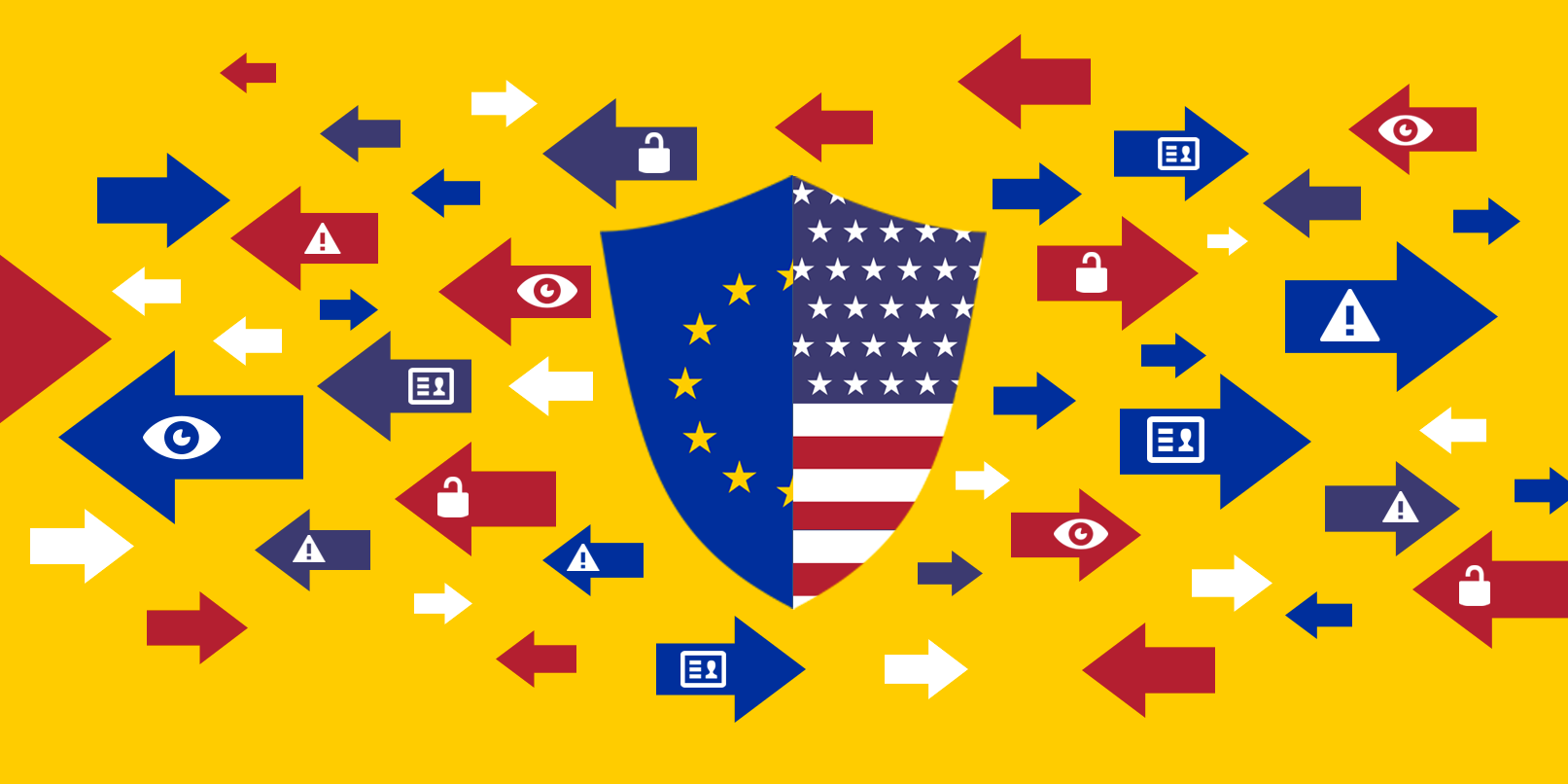Brussels & Washington DC — Access Now and the American Civil Liberties Union are calling on the European Commission to press the United States to reform its surveillance laws, so that any future instrument for EU-US data transfers complies with EU law and withstands judicial scrutiny.
The groups are set to meet with Justice Commissioner Didier Reynders tomorrow, October 2, together with other civil society partners, to discuss the way forward for EU-US data transfers after the invalidation of the Privacy Shield.
In July 2020, the Court of Justice of the European Union ruled in Schrems II that the EU-US Privacy Shield failed to protect people’s rights to privacy, data protection, and access to remedies. The Court therefore invalidated this mechanism, which previously allowed self-certified companies to move data from the EU to the US.
In an open letter sent to the European Commission today, the groups emphasize that “the Schrems I and II decisions unequivocally require the US to reform its surveillance laws and to provide for stronger human rights safeguards, specifically for the rights to data protection and access to meaningful remedies.”
“It is crucial for everyone’s privacy rights that the United States reform its surveillance laws,” said Ashley Gorski, Senior Staff Attorney at the ACLU National Security Project. “The Court of Justice invalidated Privacy Shield because of the staggering scope of US surveillance and lack of meaningful remedies. These are fundamental problems with US law. The Court’s analysis makes clear that serious reforms are necessary — not only for a new Privacy Shield, but also for EU-US transfers under Standard Contractual Clauses.”
“These surveillance reforms are the only way forward for personal data to be transferred in a sustainable and legal manner between the EU and the US,” said Estelle Massé, Senior Policy Analyst at Access Now. “As US companies have been calling for solutions, we ask them to engage in efforts for meaningful reforms. Other attempts at quick fixes would be detrimental to their activities and to our rights.”
Reforms include:
- End bulk, generalised data collection conducted under Executive Order 12333;
- Narrow the categories of persons who may be targeted using surveillance under Section 702 of the Foreign Intelligence Surveillance Act and Executive Order 12333;
- Ensure that individuals impacted by US surveillance are able to challenge improper surveillance in US courts; and
- Provide for a mechanism to ensure that non-US persons have enforceable rights.
Read the full letter with the list of reforms.
